Assessing hydro projects in Africa with a recognised sustainability tool
There is growing demand for energy access across Africa, a continent with a total installed hydropower capacity of 35.3 GW and large untapped potential for new hydropower projects.
Water scarcity however remains a main challenge in many countries, so it is vital that resources are managed sustainably.
The International Hydropower Association (IHA) led a recent workshop in Nairobi, Kenya, where representatives from hydropower companies, government and a range of other sectors learned how an internationally recognised sustainability tool can be used to assess planned or existing projects.
The workshop, part of the International Water Stewardship Programme’s (IWaSP) Water Stewardship for Sustainable Hydropower conference, looked at how the Hydropower Sustainability Assessment Protocol works and the value it provides, as well as a number of recent enhancements to the tool.
In Africa, the Protocol has been used to assess the sustainability of operations at the Cahora Bassa hydropower plant in Mozambique, as well as to undertake early stage assessments of several projects in Ghana. Several operators in the Zambezi river basin have also applied the Protocol in self-assessments, having been assisted by accredited assessors.
The Protocol has proven to be highly valuable when promoting stakeholder awareness and involvement, and addressing environmental and freshwater management, according to Frank Faraday, IHA’s Sustainability Programme Manager.
“The challenge is working out how to get sustainability mainstreamed within decision-making in places where resources are much more constrained,” he said. “We need to think about how the Protocol can be embedded more into internal processes within companies.”
The 7 June workshop was attended by 25 participants and held with the support of GiZ, the German government’s international development agency. The programme included a discussion on applying the Protocol for use on small-scale hydropower projects in developing countries.
João Costa, IHA Sustainability Specialist, said: “A lot of the small-scale hydropower developers in attendance were very interested in the Protocol as it provides a clear reference for good practice in sustainability. Training opportunities and building internal staff capacity were discussed as good starting points for incorporating use of the Protocol into small-scale projects.”
The IWaSP conference explored how water stewardship approaches can address current scarcity challenges and add value to existing models of hydropower development and operation. IHA participated in an IWaSP conference workshop on hydropower benefits.
One of the participants of the conference workshop, Anton-Louis Olivier, CEO of Renewable Energy Holdings Group, discussed the role of stakeholder participation in increasing the value of hydropower infrastructure.
“We, as project developers, contribute as good neighbours to the uplifting and maintenance of society, ecology and system infrastructures,” said Mr Olivier, recipient of IHA’s Mosonyi Award at the 2017 World Hydropower Congress.
“Project development requires us to navigate through a highly complex set of interrelated factors – technical, environmental, social, legal and commercial – in order to structure a viable and sustainable project.
“The Hydropower Sustainability Assessment Protocol provides a clear set of principles to refer to and check throughout the development process in order to manage risks and improve project sustainability, specifically relating to social and environmental factors,” he added.
“In order to fairly share the benefits of a project with local communities and other stakeholders, it is important to understand its impacts by identifying and quantifying both the power and non-power benefits,” said Cristina Diez, IHA Hydropower Analyst, who also spoke at the conference workshop.
“As many of hydropower’s benefits are often misunderstood or under-reported, part of our work has been to provide a framework for collecting evidence.”
IHA has been building and sharing knowledge on the wide-ranging benefits of hydropower since it was founded in 1995. To find out more about the Hydropower Sustainability Assessment Protocol visit the Hydropower Sustainability website. Learn more about IHA’s hydropower benefits work programme.
For the latest information and statistics on hydropower in Africa, download the 2018 Hydropower Status Report.



